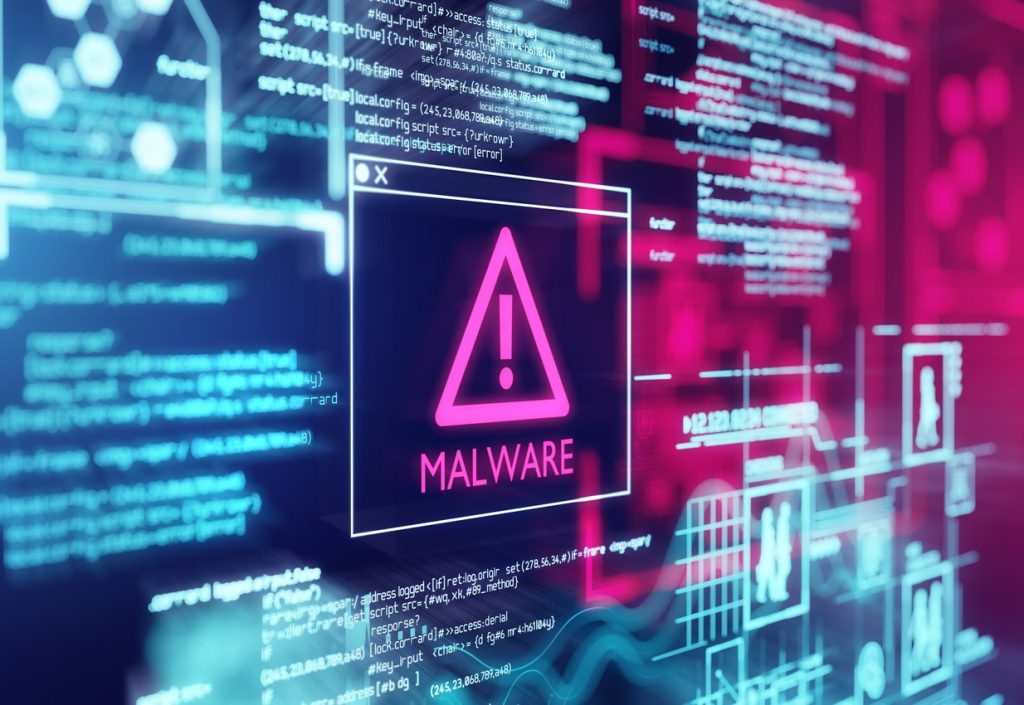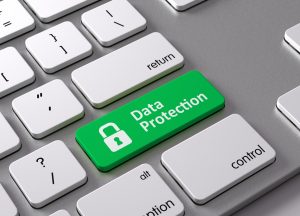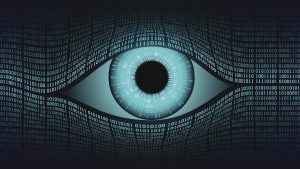Often deployed via phishing emails and compromised apps, malware can cause chaos when it’s delivered as a payload onto enterprise devices. From slowing systems and spying on company communications to stealing data and locking users out of their operating systems, the impact of malware can be catastrophic.
In the following sections, we’ll explore five types of malware businesses should be aware of.
Viruses
Viruses are designed to inflict damage on targeted computers. They can corrupt data, reformat hard disks or even shut down systems entirely. Viruses can also steal confidential data and money, create botnets and harm networks and interconnected devices.
To launch infections on computers and personal devices, viruses need human action, and they are commonly spread via online downloads and malicious email attachments.
Worms
The use of worms today is widespread. Once unleashed, they can invade networks by exploiting known vulnerabilities. Worms are standalone programs and can replicate themselves without any user interaction, enabling them to infect linked computers.
Fast spreading and far-reaching, worms are often chosen to execute payloads of damaging code. These payloads can encrypt data, delete a host system’s files and steal information.
Trojans
Appearing harmless, a Trojan will impersonate a regular program, app or file to trick recipients into downloads and installations of malware. Once installed, the Trojan gives attackers full access to an enterprise’s system.
This allows threat operators to install further malware, steal personal and private information, view user activity, steal data such as financial information, perform denial of service attacks and destroy data. Like a virus, Trojan malware is not able to replicate itself, but it can be used in conjunction with a worm, causing limitless damage to systems.
Ransomware
Perhaps the most popular form of malware in use at present is ransomware. This malware type encrypts company data files, withholding them from users until a ransom payment is sent. Ransomware attacks will sometimes steal data as well as encrypting it, exfiltrating information under threat of public release to leverage payments. A digital ransom note is usually deployed on the user’s system as part of the payload, listing demands and evidence of the data files that have been stolen. If the company makes a payment, their files will be returned, but a data breach will still have taken place if the files contained confidential information.
Spyware
Finally, spyware is malicious software that is secretly installed on devices and is designed to watch and record user activity. Spyware can actively monitor online browsing or collect keystrokes (keylogging), allowing it to steal private passwords and usernames. This can allow hackers to then penetrate personal and company accounts that are protected by private credentials.
Comprehensive cybersecurity solutions
The secure workspace from Galaxkey has been constructed to provide a protective environment for your staff to work in. With no passwords stored, our system has no back doors that hackers can exploit, and it offers impressive and easy-to-use security tools. If you’re looking for powerful encryption, electronic sign capabilities and premium levels of data safety, trial our solution for free by contacting our expert team today.



